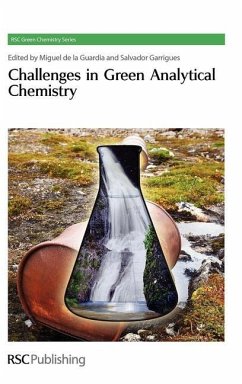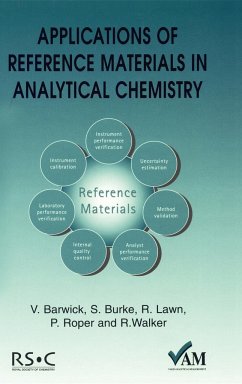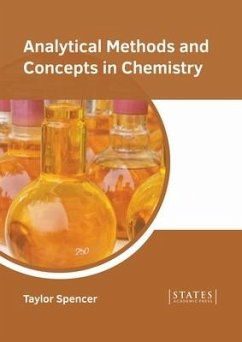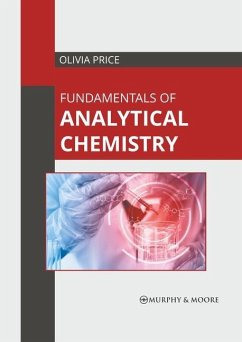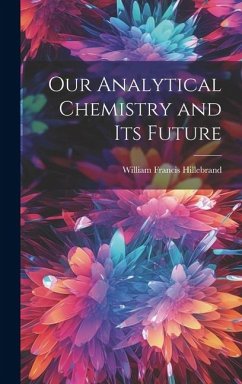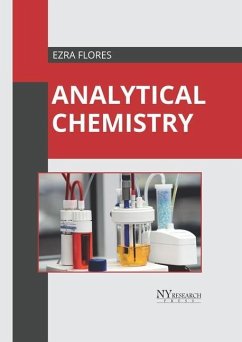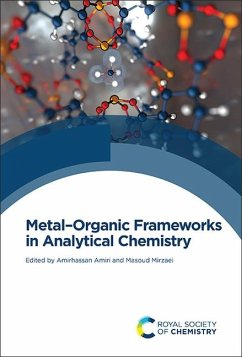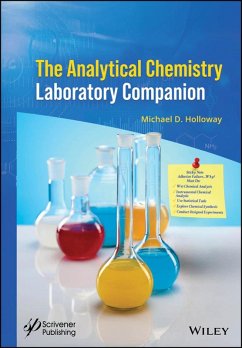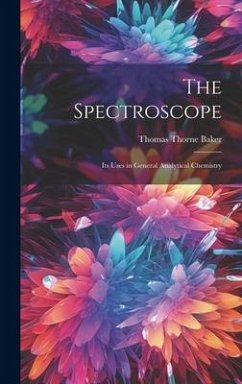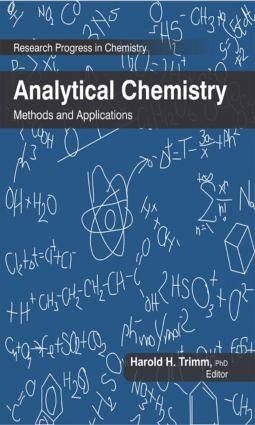
Analytical Chemistry
Methods and Applications
Herausgeber: Trimm, Harold H

PAYBACK Punkte
91 °P sammeln!
This title includes a number of Open Access chapters. This collection presents a broad selection of recent research on analytical chemistry, including methods of determination and analysis as applied to plants, pharmaceuticals, foods, proteins, and more. Analytical chemistry is the study of what chemicals are present and in what amount in natural and artificial materials. Because these understandings are fundamental in just about every chemical inquiry, analytical chemistry is used to obtain information, ensure safety, and solve problems in many different chemical areas, and is essential in bo...
This title includes a number of Open Access chapters. This collection presents a broad selection of recent research on analytical chemistry, including methods of determination and analysis as applied to plants, pharmaceuticals, foods, proteins, and more. Analytical chemistry is the study of what chemicals are present and in what amount in natural and artificial materials. Because these understandings are fundamental in just about every chemical inquiry, analytical chemistry is used to obtain information, ensure safety, and solve problems in many different chemical areas, and is essential in both theoretical and applied chemistry. Analytical chemistry is driven by new and improved instrumentation.




